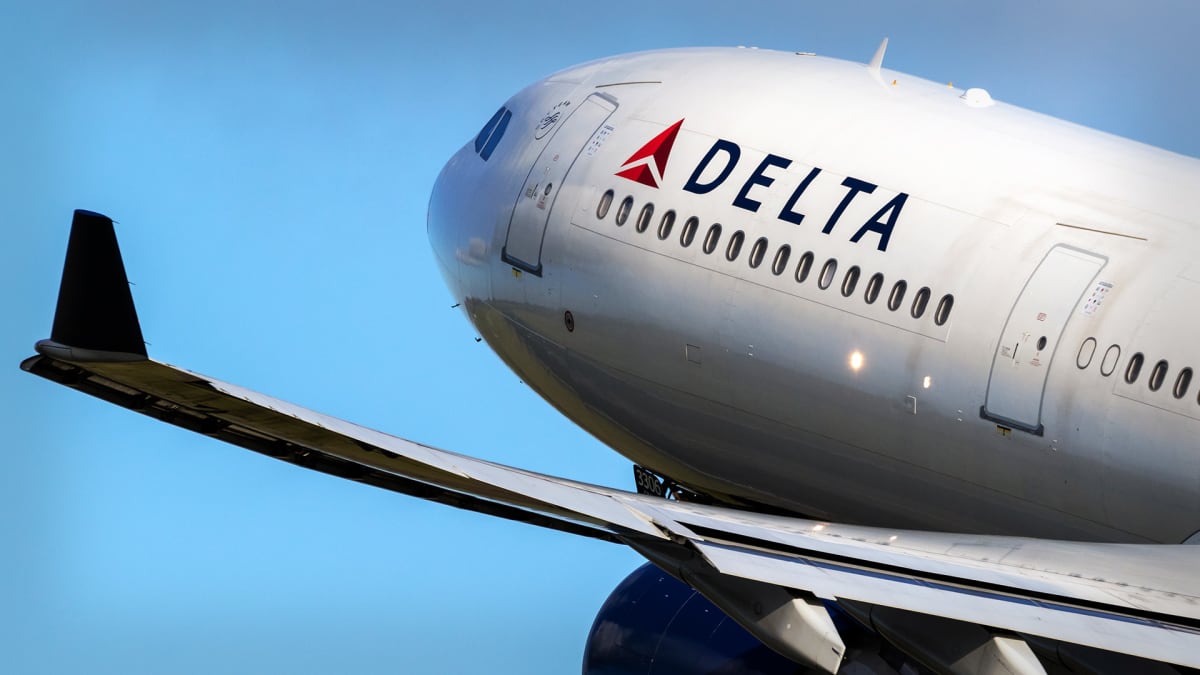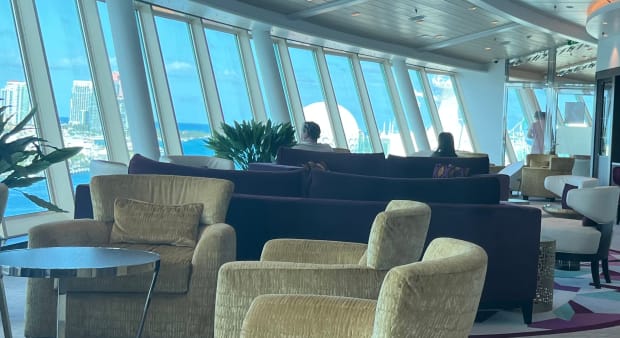
Airlines have a problem these days.
Thanks to pent up demand and credit card perks, everyone is a special customer. Or, if not everyone, then at the least it could be said there are more special travelers than the aviation industry knows what to do with at the moment.
And that’s causing airlines a lot of headaches.
For a while now, airport lounges have been a subject of ongoing controversy, especially after a tweet about the Delta Sky Club went viral last year.
To some, airport lounges are a way to relax, get some fresh food, and maybe a shower, and a way for people whose jobs require constant travel to get some comfort so they don’t feel worn out all the time. But to others, lounges like the Sky Club feel elitist and exclusionary.
But no matter where you come down on airport lounges, one aspect of them that is hard to currently debate is that many of them are very, very crowded at the moment.
And that’s not the only fancy perk that is currently in higher than normal demand, as CNBC reports that first class and first class boarding is more popular than ever. But the result is now the lines for exclusive lounges and first class boarding are also now more popular than ever.
The issue is that during the pandemic, airlines allowed customers that had credit cards that earned them bonus miles or that helped them earn frequent flier status or other loyalty rewards to continue to earn those benefits, while discarding the usual annual thresholds, as airlines needed the income that these partnerships provided.
Once covid vaccines became available, people were eager to fly, and pent-up demand often outstripped supply. Many people were able to save more money than usual during the pandemic, and that, combined with bonus miles and elevated frequent flier status and other perks, meant that more travelers than ever wanted fancy travel comforts than ever before. The result has been long lines, long waits and overcrowding for services that had never previously faced such demand.

Image source: Daniel Kline/TheStreet.
Airlines are currently in a bind. There’s more demand for premium services like first class seats and airport lounges than ever before.
Delta, American, United Airlines Are Rethinking Rewards
But if they move too harshly to limit access to these services, they risk a blow back from customers that legitimately earned these perks, and accusations that the airlines are unfairly catering to wealthy travelers that can pay high prices for luxury services.
In response, airlines such as Delta (DAL), American (AAL), United Airlines (UAL) have made a number of changes lately, some of which are likely to be received more or less favorably. And others, less so.
All three of them have opened up more lounges lately, or expanded the square feet of their existing lounges; last year American and its trans-Atlantic partner British Airways doubled the square feet of their JFK lounge to about 65,000 square feet, and added showers, bars and additional workspace.
They’ve also begun adding more premium economy seats, which are somewhere between business-class and standard coach seats and are roomier and offer more amenities than before. American plans to get rid of a separate first class on some older planes and to replace it with a single, expanded, business class featuring new suites with doors.
So airlines are trying to expand the amount of premium services to fliers, but they are also making it harder to earn that elite status.
American Airlines has announced that customers will soon need 40,000 loyalty points instead of 30,000 for Gold status, while Delta plans to raise the prices and the requirements to gain access to airport lounges, and will also impose a three-hour time limit for lounge use and create a VIP line for high-status holders.







